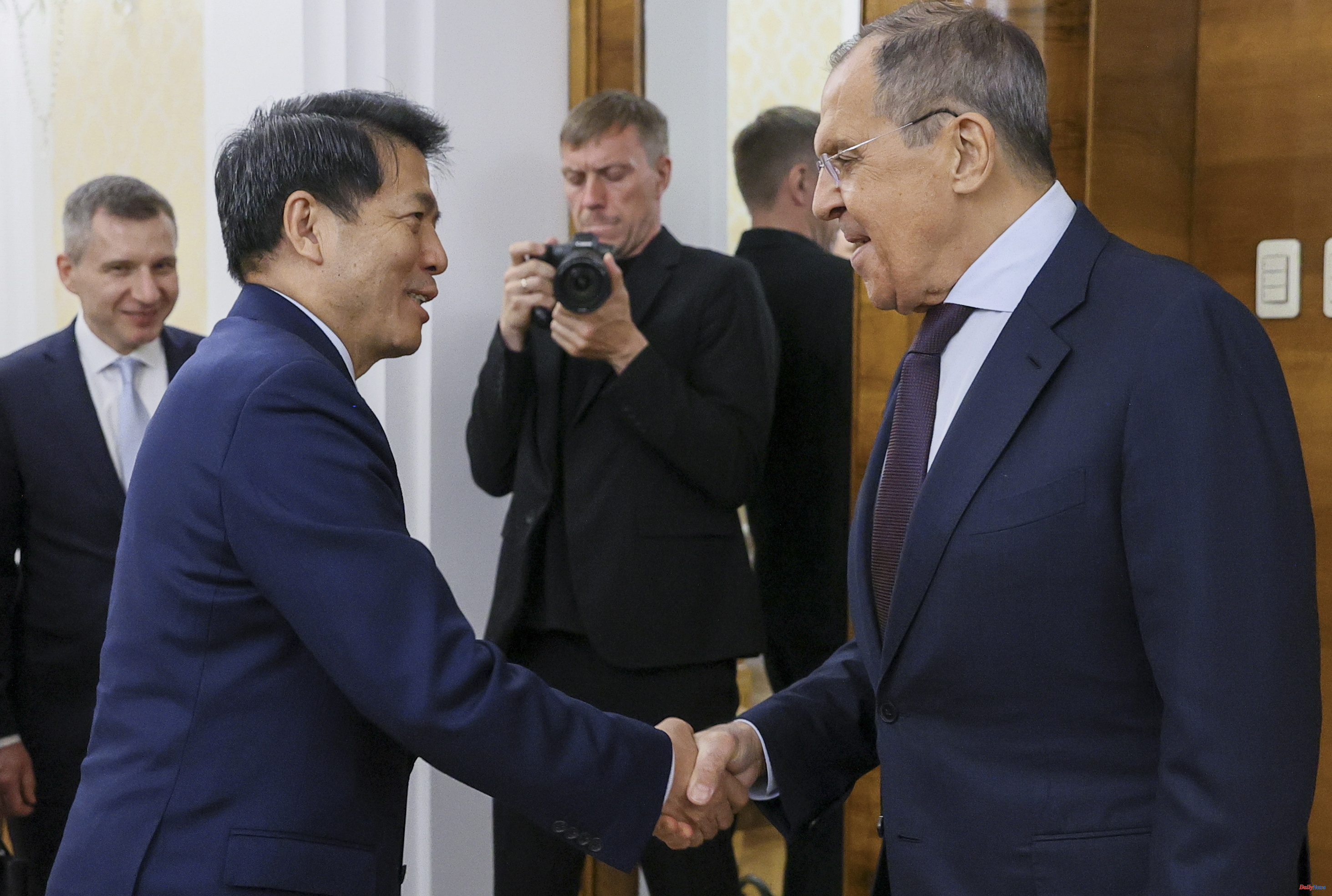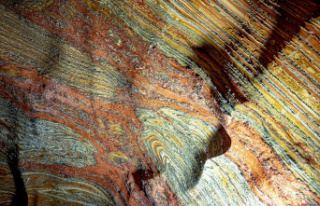kyiv, Warsaw, Brussels, Berlin, Paris and, on the way home, a brief stop in Moscow. That was the full tour of China's "peace envoy" that President Xi Jinping had chosen to knock on all doors around the war in Ukraine. Li Hui, a 70-year-old veteran diplomat who was ambassador to Russia, quietly returned from his trip late last week. We had to wait until this Friday to hear Li present the conclusions he drew after two intense weeks of meetings in Europe.
The first thing he did at the start of the press conference was to deny that Beijing had asked Kiev to allow Russia to keep the territory occupied in order to reach a quick peace agreement. That was what an article in 'The Wall Street Journal' stated earlier this week. "These statements are a move to sow discord between China and Ukraine," Li said. After that note was published, the Ukrainian Foreign Minister himself, Dmytro Kuleba, published a video message in which he said that, after also asking his European colleagues, he was not aware that Li had put on the table during his trip the possibility of recognizing the territories currently controlled by Russia.
"The war is at a stalemate right now and the risk of escalation remains very high. It may be difficult for all parties to come together for fruitful talks. But neither Kiev nor Moscow have closed the door on the possibility of such talks." ", Li continued during an appearance in which he assured that his country is doing everything possible to prevent a nuclear and food security crisis.
"The situation is difficult and complex, but someone has to keep trying and Beijing is willing to be that someone," he added. Li did not forget to throw one of the usual darts that Chinese spokesmen use directed at the West every time they address the "crisis" - as they continue to call it - in Ukraine. "Stopping fuel on the fire is the best humanitarian action," he snapped at countries that are sending weapons to kyiv.
The first stop Li made on his trip was Kiev to meet with President Volodimir Zelensky and Minister Kuleba, who made it clear to him face to face that they will never accept any peace plan that involves the loss of territory. The Kremlin has rejected those terms and it is unclear whether Xi, who has an interest in maintaining strong ties with Moscow, will be willing to pressure Putin to concede to Kiev's demands.
The Chinese representative presented in the capital of the country invaded by Russia the 12-point "peace plan" published by Beijing at the beginning of the year, which defends Ukraine's sovereignty and opposes the use of nuclear weapons, but also supports "concerns of security" of Putin. A notable absence in the document, and which the Western allies reproach the Chinese regime, is that, although it advocates a ceasefire, at no point does it call for the withdrawal of Russian troops.
After the visit to Kiev, Li, who is the head of the Eurasian Affairs department, which manages diplomatic relations in a wide area including Russia, Eastern Europe and Central Asia, traveled to Poland and then to the headquarters of the European Union, in Brussels, where he met with Enrique Mora, EU Assistant Secretary General for Political Affairs.
"We hope that China will play a constructive role and take every opportunity to uphold and promote the UN Charter and international law, and remember the need to respect the principles of sovereignty, independence and territorial integrity," was the formal statement of the EU. Although the group's officials who commented on Li's visit were more blunt, emphasizing the need for Xi Jinping to put pressure on Putin to withdraw his invading troops.
Li's last stop was in Moscow, where Foreign Minister Sergey Lavrov warmly welcomed him and praised Beijing's "balanced position" in the war. Lavrov also blamed Ukraine and its Western allies for putting up "serious obstacles" that prevent peace talks between Moscow and kyiv.
A few days before the Chinese envoy's arrival in Russia, Russian Prime Minister Mikhail Mishustin paid a visit to Beijing, becoming the highest-ranking Russian official to visit China since the war began. Mishustin signed several trade agreements with President Xi that deepen ties between the two countries.
According to the criteria of The Trust Project












